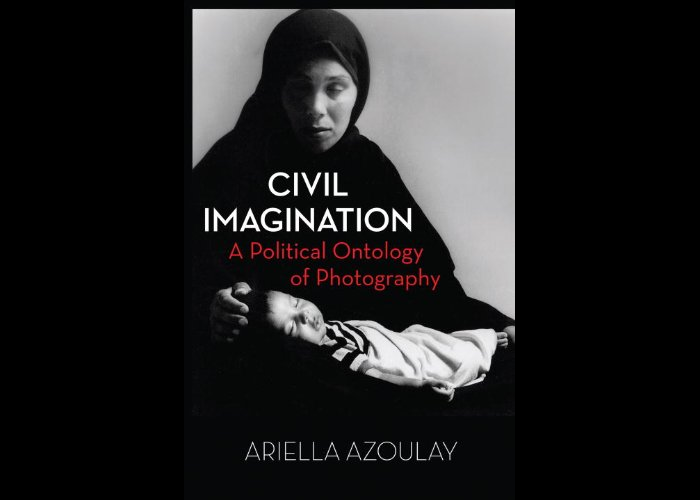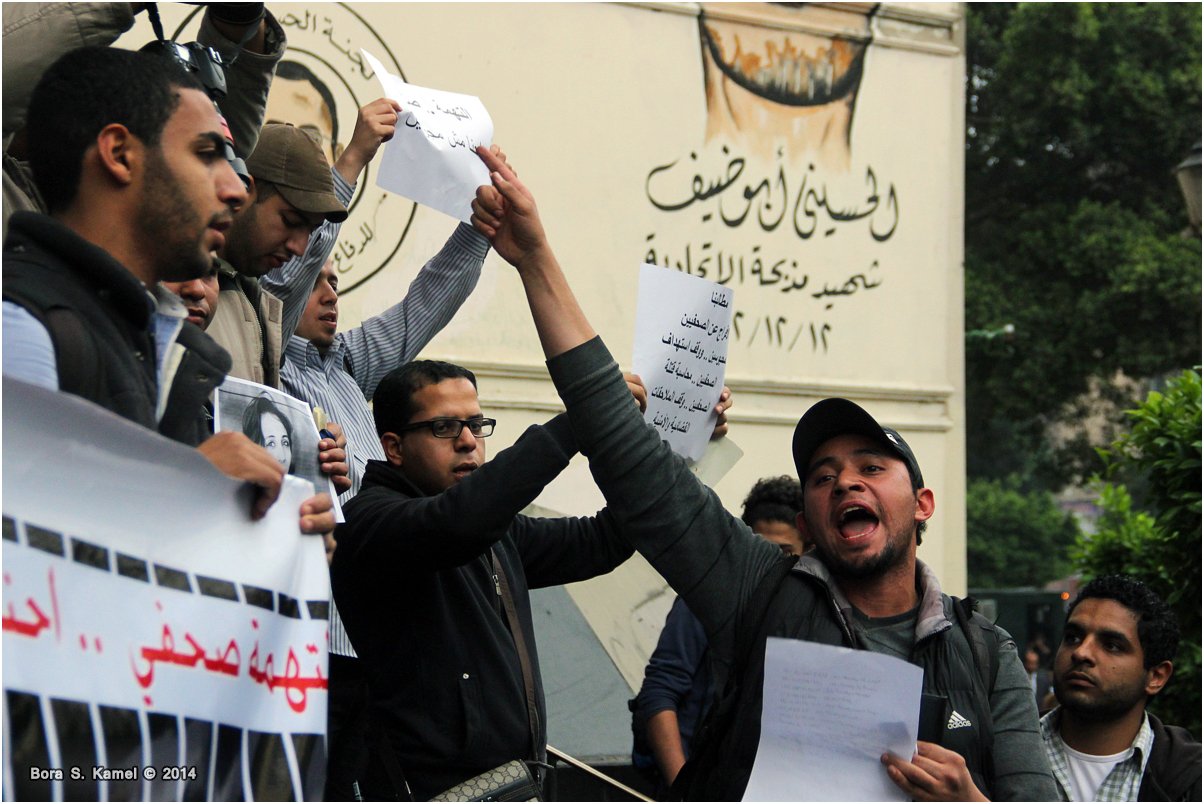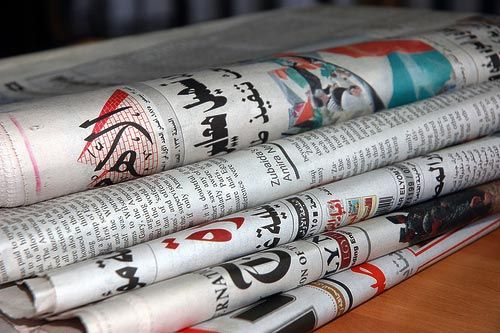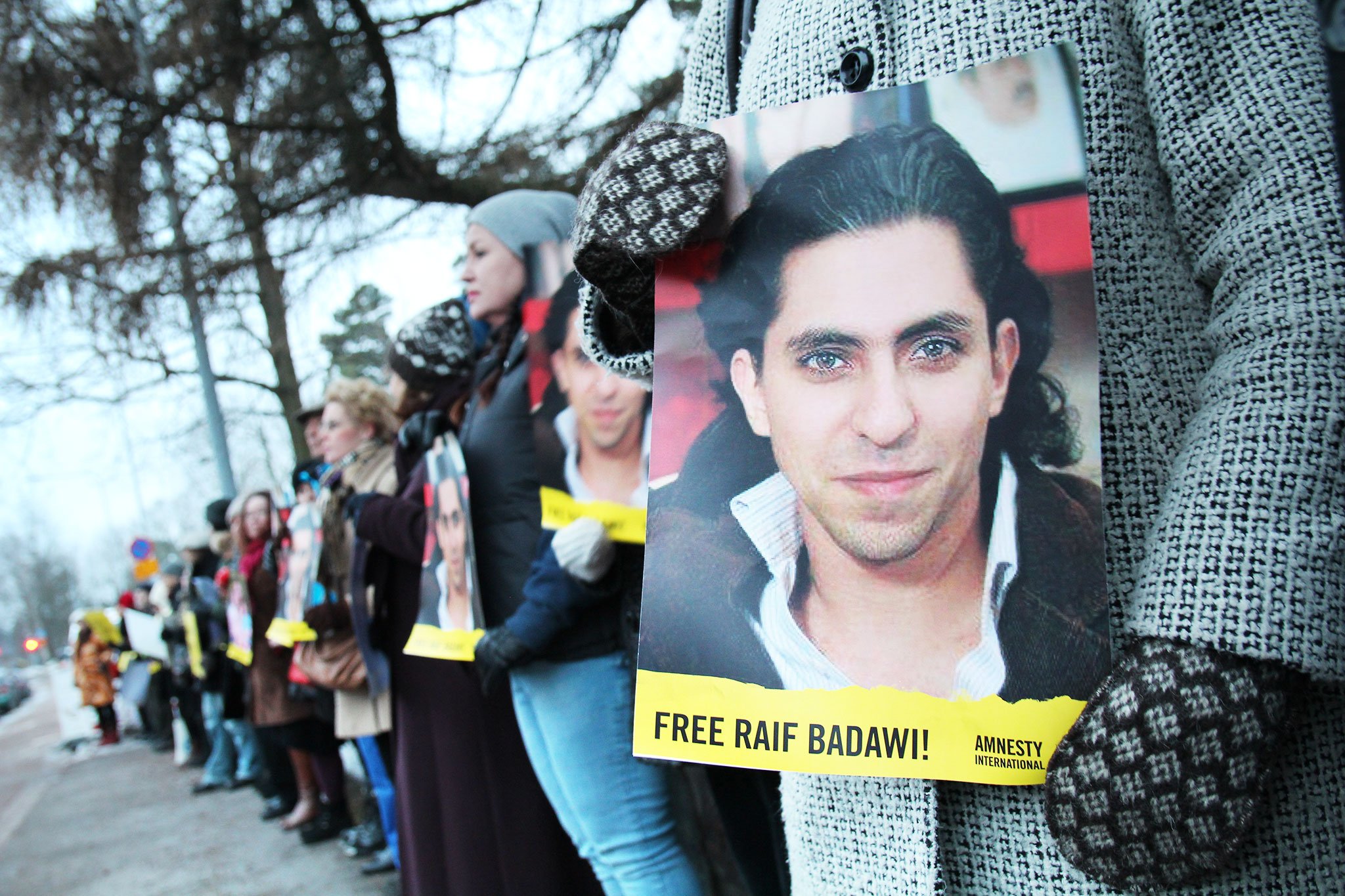Using framing theory and content analysis, Saeed Abdullah & Mokhtar Elareshi investigate how Al Jazeera and Al Arabiya TV networks cover terrorism. This paper focuses on how the two networks differ or are similar in covering terrorism and identifies factors that may influence each network’s news selection processes and the framing of terrorism stories. This work represents an initial effort to expand research on terrorism coverage by pan-Arab media.
Read More »no
Book Review | Civil Imagination: A Political Ontology of Photography
In Civil Imagination: A Political Ontology of Photography, Ariella Azoulay interrogates issues of visual culture, in particular photography, the role of spectator-critics, body politics, and citizenship, through the lens of the Palestinian struggle. She argues that the boundaries of the aesthetic, the political, and the civil perpetuate power relations of nation-states and exclusions. Kiranjeet Kaur Dhillon reviews.
Read More »Media Policies and Freedom of Expression
The School of Global Affairs and Public Policy at the American University in Cairo hosted a two-day conference on Media Policies and Freedom of Expression from February 25-26, 2015. The goal of the proceedings was to help strengthen legal and regulatory frameworks, especially in regard to freedom of expression in Egypt. Hussein Amin and Sarah El-Shaarawi revisit some of the notable discussion from the conference.
Read More »Media Law in Egypt and the Universal Principles of Freedom of Expression
In an effort to elucidate the legal structures governing the media in Egypt, as well as the country's declared obligations according to international law, Mostafa Shaat offers a breakdown of the existing frameworks, highlighting inconsistencies between the legal concept of freedom of the press as delineated in international law and Egypt's national laws. He further discusses some of the current reform efforts underway.
Read More »Media Privatization and the Fate of Social Democracy in Egypt
Nour Halabi asks why the social democratic aims of the January 2011 Revolution have not been advanced in the four years since. Halabi posits that private media ownership structures established during Mubarak's neoliberal economic reform initiative are largely to blame, arguing that despite the popular demands for social justice, the structure of Egyptian commercialized media inhibited the translation of social justice demands into discussions of economic policy.
Read More »From the Arabic Press: Focus on Egypt – April 2015
Archives available here. April 30, 2015 – Press Syndicate warns against media legislation that has not been referred to the Union Egyptian Press Syndicate Chairman Yehia Kalash warned in a press release against legislation of press laws or projects that are issued by formal or informal entities. Kalash stated that the National Committee …
Read More »From the Arabic Press – March 2015
March 29, 2015 - Gathering at Press Syndicate in Memory of Journalist Mayada Ashraf El Husseini Abou Deif Committee for Defending Journalism organized a silent stand on the stairs of the Egyptian Press Syndicate in memory of Mayada Ashraf. Tens of Journalists gathered holding candles and photographs of Mayada to mark …
Read More »Why Egypt needs an Audiovisual Translation Authority
Muhammad Y Gamal makes a compelling case for the establishment of an Egyptian Audiovisual Translation Authority. Laying out a short history of translation in Egypt, Gamal argues that the country has not laid the groundwork to keep up with changing modalities of translation and communication in the information age. This, he argues, is critical for the proper development of several sectors, including education, tourism, entertainment and foreign affairs.
Read More »The Age of TV Jokers: Arab Media on the Brink
Ramzy Baroud casts a critical eye on the current state of Arab media, where the idealistic hopes of the Arab Spring and the promise of digital media have fallen far below expectations. Instead, he argues, we are witnessing a media war, where evolving geopolitical dynamics and economics determine who has a voice and what narrative is conveyed. Coupled with a crisis of professionalism, Baroud laments that any attempt at an equitable media platform in many Arab countries has for now been largely defeated.
Read More »Cases of Contention: Activism, Social Media and Law in Saudi Arabia
In a systematic examination of Saudi law, Lara-Zuzan Golesorkhi explores how the Kingdom has justified its crackdown on activists and dissenters on social media. Golesorkhi investigates how these laws have been applied in the cases of nine different activists in the last four years. Mapping their trajectories alongside the language enshrined into Saudi law, this article offers valuable insight into why and how these actions have been taken by the Kingdom.
Read More » Arab Media & Society The Arab Media Hub
Arab Media & Society The Arab Media Hub







